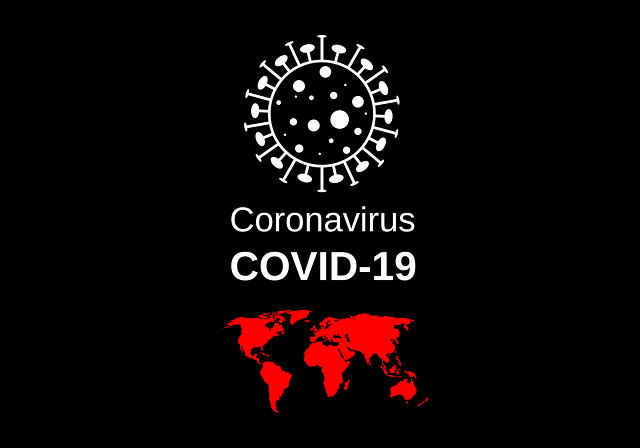Mobilising resources against the COVID-19 pandemic
 Cape Town | On 12 March 2020 the World Health Organization (WHO) announced the coronavirus (COVID-19) outbreak a pandemic. To date there are over 380 000 cases of COVID-19 with South Africa recording 402 cases. The South African Medical Research Council (SAMRC) as the custodian of research for health is engaging the Department of Science and Innovation and South African Health Products Regulatory Authority on measures to address the coronavirus pandemic.
Cape Town | On 12 March 2020 the World Health Organization (WHO) announced the coronavirus (COVID-19) outbreak a pandemic. To date there are over 380 000 cases of COVID-19 with South Africa recording 402 cases. The South African Medical Research Council (SAMRC) as the custodian of research for health is engaging the Department of Science and Innovation and South African Health Products Regulatory Authority on measures to address the coronavirus pandemic.
The Department of Science and Innovation has set aside a sum of R4 million towards COVID-19 related interventions as a way of mobilising funding, reconfiguring research priorities and creating a conducive ethical and regulatory environment to facilitate COVID-19 research.
The SAMRC will be supporting global efforts against COVID-19 through surveillance of the disease. Funding of R8 million has been made available towards disease surveillance at five hospitals, with further funding of R5 million towards genomic sequencing at the National Institutes for Communicable Diseases. We anticipate making additional funding available towards drug treatment trials and we are engaging in active dialogue with the WHO.
With cases increasing daily, “health surveillance of the disease is important for tracking and measuring the impact of the pandemic, which will help health authorities in South Africa and globally,” says Professor Glenda Gray, SAMRC President and CEO. “Genomic sequencing will help us to study the epidemiology of the disease and to leapfrog technologies to develop treatments against coronavirus,” adds Gray.
The announcement by the WHO of a coronavirus pandemic is due to the rapid increase in COVID-19 cases worldwide. In South Africa, the President of the Republic, Cyril Ramaphosa alerted the country to a public health emergency, with the scale and speed at which the virus is spreading that no country is immune or will be spared its severe impact. A week since government declared the coronavirus pandemic a national disaster, the South African National Coronavirus Command Council has decided to enforce a nation-wide lockdown for 21 days with effect from midnight on Thursday 26 March. “This is a decisive measure to save millions of South Africans from infection and save the lives of hundreds of thousands of people,” said President Cyril Ramaphosa in his speech.
The government’s response to the outbreak also includes an Inter-Ministerial Committee, chaired by the Minister of Health, Dr Zweli Mkhize. Other spheres of government such as International Relations and Cooperation, the Department of Transport, and Department of Science and Innovation, are rolling out measures to curb the pandemic in South Africa.
"Given the recent emergence of COVID-19 at a global level and the concomitant lack of adequate information on the epidemiology, therapeutic management or natural history of COVID-19 or vaccine availability, it is important for researchers in South Africa to coordinate a response to the outbreak to facilitate its control,” said the Minister of Higher Education and Training, Science and Innovation, Dr Blade Nzimande.
Recently, a consultation of South African researchers and public health officials took place to discuss research priorities in collaboration with the WHO. Professor Helen Rees, Chairperson of the South African Health Products Regulatory Authority, expressed the importance of forging a coordinated response in the management, treatment and prevention of COVID-19. “Sound evidence based and well-designed protocols are critical for those infected or at high risk of contracting coronavirus,” said Rees.
The SAMRC continues to monitor the outbreak and is actively participating and supporting initiatives for the treatment, mitigation, and management of coronavirus.
NOTE TO THE EDITOR:
Coronaviruses were identified in the mid-1960s and are known to infect humans and a variety of animals (including birds and mammals). Since 2002, two coronaviruses infecting animals have evolved and caused outbreaks in humans: SARS-CoV and MERS-CoV. In December 2019, a novel coronavirus (COVID-19) was first isolated from three patients with pneumonia, connected to the cluster of acute respiratory illness cases from Wuhan, China. Information on the epidemiological and clinical characteristics of the infection caused by COVID-19 is accumulating.

